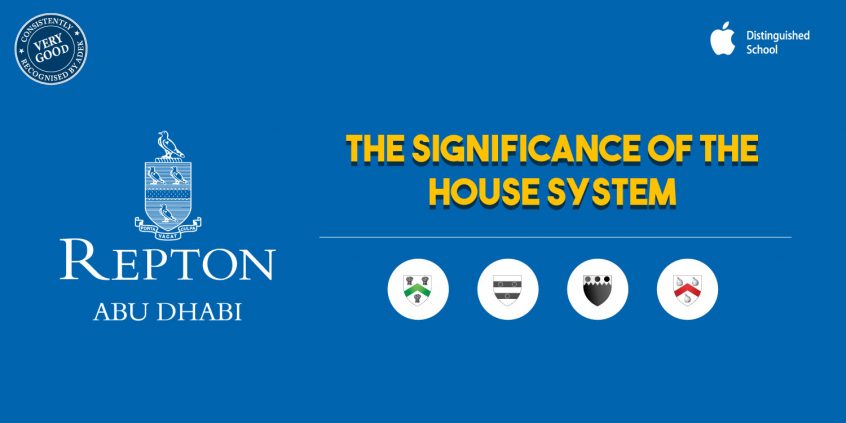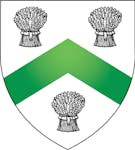
We share our thoughts, our beliefs, and our opinions in Field House. We all matter. We are a family!
Saaz, Field House Captain
What is the House System?
The House system, in its simplest form, is a way to organise children in to smaller teams that run through every year group throughout the school. It creates a smaller community within the larger community and allows the opportunity to create strong bonds and connections. It is a school community like no other, built on camaraderie and togetherness that transgresses barriers based on age. It builds a sense of belonging where everyone feels welcomed and valued for the contribution that they can make. It is an inclusive environment for all learners including those with sporting, academic and artistic endeavours. The benefits are clear to see with younger children looking up to senior pupils and the older children supporting and looking out for the younger children, modeling good behaviour and setting positive examples.
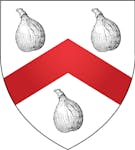
Being part of Orchard is more than just being in a House, it’s a family. Our individual commitments bring us together to win
Mia, Orchard House Captain
How does the House system work?
The House system has a reward system that promotes a positive and inclusive culture with a focus on good behaviour, positive attitude and excellent work with a key focus on effort. The system constantly and consistently encourages all children to achieve their best and to develop a common goal through rewards and earning House points. The House points allow individual children to earn ‘badges’ at key milestones as well as contributing to the whole school House point total.
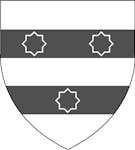
Every member of Garden contributes to the House with their unique traits and strengths. We collaborate together to blossom our community and further grow our Garden.
Liyan, Garden House Captain
What are the benefits of the House system at Repton Abu Dhabi?
Alongside the community, camaraderie and togetherness created, the House system also provides many opportunities to its members. Through competition, it develops pride, team spirit and a sense of inclusion. It promotes sportsmanship and builds character by teaching children to be both humble in victory and gracious in defeat. It encourages collaboration, teamwork, resilience and a desire to succeed. It provides opportunities in leadership with the senior children leading younger children back to their classrooms after House meetings and events. It promotes positive self-esteem, identity, belonging, integrity and pride amongst all pupils and the feeling of being part of a bigger family.
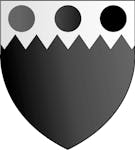
As a community, our house students are capable of sharing our creative thoughts and ideas, wherever! Whenever! And that’s what makes us the dream team!
Nada, Latham House Captain
What are the roles of the House Captains?
At Repton Abu Dhabi, our House Captains have many important responsibilities throughout the year. They are the leader of the House who encourages and inspires all of its members and promotes the ethos of their House. They are identified by their school tie and are well known throughout the school due to their public position. They recite poetry and give speeches at key events throughout the year including Remembrance Sunday and Speech Day and they also create videos and give motivational speeches to the children in their House to encourage them to gain more House points in the quest for victory.
Why exactly is the House system so revered?
In its simplest form, it is all to do with pride. The passion a pupil develops for their House is created due to the sense of team spirit that each House instills in every child. Pupils throughout the school vary in age, talent and ability and all work together by competing in a variety of events from sport to academia, drama to debate, House Shout to House Quiz all with one goal in mind; to earn as many House points as possible and savour that unmatched sense of pride as your House Captain holds aloft the coveted House Cup at the end of the academic year.

